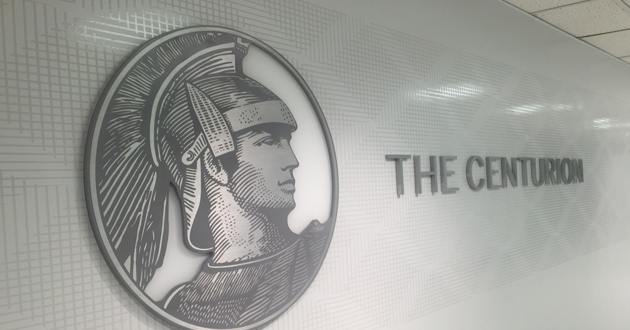American Express (NYSE:AXP) has released a report written by financial columnist Frances Coppola called “Bitcoin and the Future of Blockchain in International Payments Systems” which discusses the implementations of the Bitcoin blockchain and its use cases within financial markets. The article gives detail into the processes involved with the cryptocurrency and also calls Ethereum a challenger within the new digital currency landscape.
Frances Coppola is a regular writer for the Financial Times, Forbes and other publications. In this particular paper written for the multinational financial services corporation American Express (AMEX) she covers the very basics of Bitcoin technology, mining, anonymity, and as an international payments system. Coppola notes that the popular cryptocurrency Bitcoin gained a lot of attention after the 2008 financial crisis. The author also mentions that people at the time used the currency for illegal activity with websites such as the Silk Road referring to it as the “criminals’ currency” during this time period. The author explains the initial beginnings of Bitcoin in the AMEX report stating:
“In the wake of the 2008 financial crisis, Bitcoin’s transparent peer-to-peer nature appealed to people weary of broken banks. Computer-literate people adopted Bitcoin as the symbol of the new technology that would save a failing financial system. Investors worried about inflationary consequences of the central banks’ quantitative easing valued its gold-like nature: since no more than 21 million bitcoins could ever be mined, there was no risk of value destruction through hyperinflation. And because Bitcoin is neither issued nor controlled by governments, it attracted those who did not trust government – or wished to avoid government attention.”
Now Coppola explains the cryptocurrency is “becoming more respectable” and used for legitimate purposes. Unfortunately, the author mentions the defunct Mt Gox exchange as a place that has appeared for the purchasing and selling of Bitcoins but fails to mention the exchange has gone insolvent. She says as an international payments system the cryptocurrency has a “dilemma” and gives some example to the current scaling debate taking place within the community. The further the report goes into explaining Bitcoin the more obfuscated the article becomes and shows the research done must have been written hastily. This is especially apparent when the author discusses the scaling of the network section and stating Ethereum has anonymous capabilities which is not the case.
The report written for AMEX says banks are looking into the Ethereum protocol, and it may be a competitor to the Bitcoin currency. Coppola also explains that these cryptocurrencies have also “attracted the attention of regulators concerned about money laundering, tax evasion, and fraud.” She mentions that some countries have not established the cryptocurrency as money within particular regions of the world. Also Coppola notes there are a few countries that have banned Bitcoin outright such as Ecuador.
Cryptocurrency supporters and Bitcoin enthusiasts probably will agree Banks like American Express need better consultants when it comes to emerging digital currencies, Blockchain technology, and these protocols. Unfortunately, papers like this may not give a solid understanding of Bitcoin because it was reported on by someone with very little knowledge on the subject. As usual, the cryptocurrency itself is downplayed, and the author’s opinion is that “Blockchain technology is set to revolutionise international payments.”
Source: AMEX
Image: AMEX, and Pixabay



